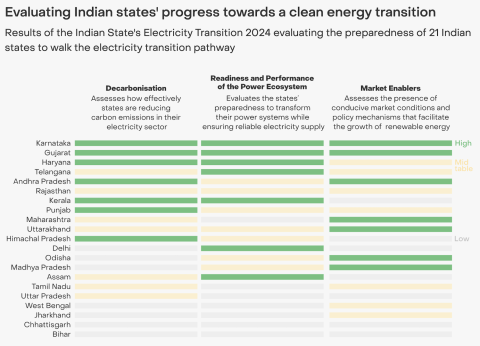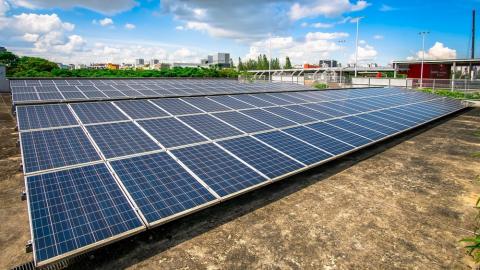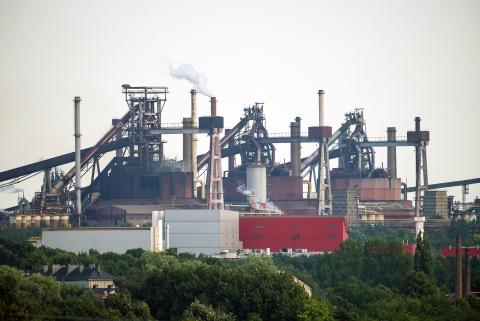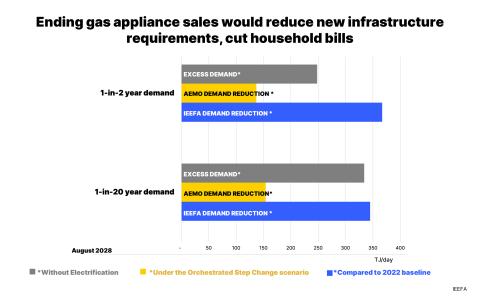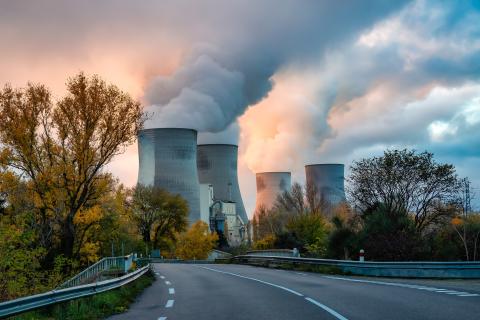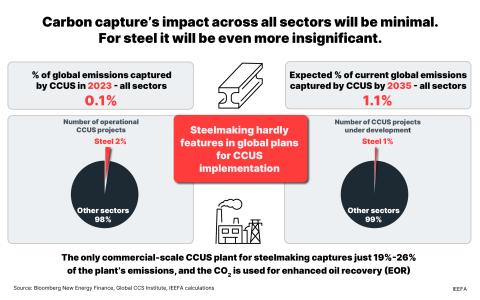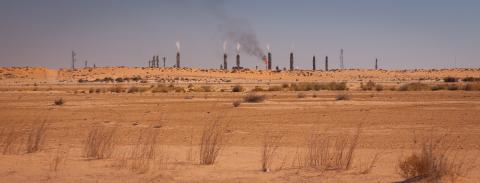Pivot from thermal coal to renewables is building
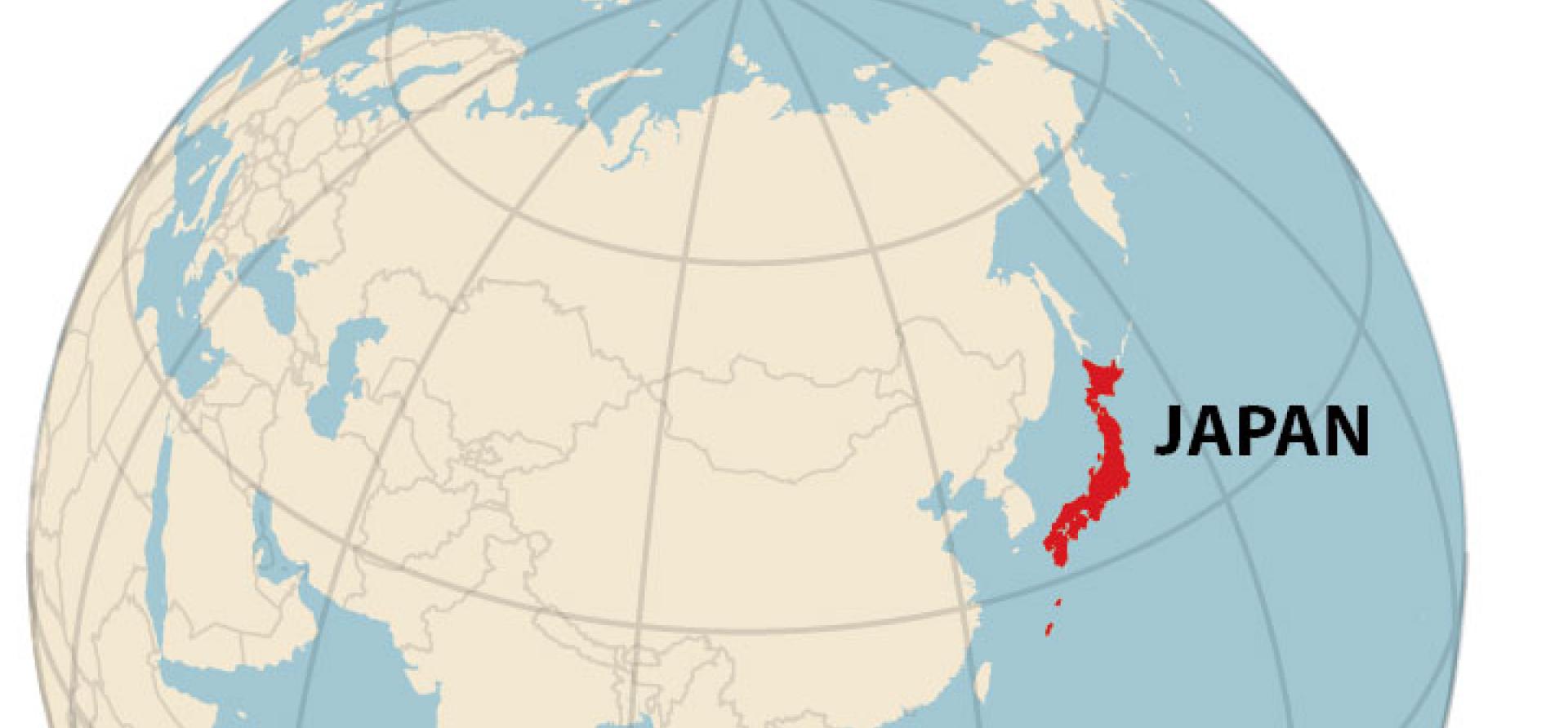
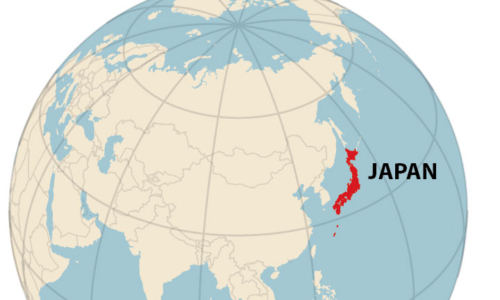 March 29, 2019 (IEEFA, Sydney) – While the Australian government continues to struggle with its hand-in-glove relationship with thermal coal, Japan – Australia’s largest thermal coal export destination – is taking matters into its own hands.
March 29, 2019 (IEEFA, Sydney) – While the Australian government continues to struggle with its hand-in-glove relationship with thermal coal, Japan – Australia’s largest thermal coal export destination – is taking matters into its own hands.
Japan’s Environment Minister Yoshiaki Harada released a policy initiative yesterday saying the Ministry will not sanction the construction of new thermal coal plant facilities nor upgrade existing coal plant facilities, in line with Japan’s international pledges to tackle global warming.
The Environment Ministry concludes that building new coal-fired power plants is not feasible given that carbon dioxide emissions, even from Japan’s most advanced coal-fired plants, are twice the amount produced by thermal plants using natural gas.
The number of new corporate announcements across Japan in the last six months strongly points to a strategic and rapid shift away from thermal coal characterised by both coal-fired power project cancellations and Japan’s influential trading houses exiting investment in thermal coal.
ELECTRICITY DEMAND HAS BEEN IN LONG-TERM DECLINE IN JAPAN SINCE 2010 and new coal-fired power plants make increasingly less sense given this declining demand, coupled with ongoing investments in renewable energy and a progressive restart of long-idled nuclear capacity post Fukushima.
Overnight, Japan’s Marubeni Corporation, one of the world’s most significant developers of new coal plants globally outside of China and India, further built on their recent coal power plant exit commitment by targeting a doubling in renewable energy revenues to ¥1,300bn (A$17bn) by 2023.
Itochu of Japan likewise announced their thermal coal investment exit in February 2019 and Sojitz Corp. followed suit in March 2019. Other major Japanese trading houses Mitsui and Mitsubishi have also turned away from thermal coal citing climate concerns.
Japan has some of the most influential financial institutions globally and in this sector formal progress to-date has been far less material at a time when peers are rapidly from divesting coal. However, there are signs that this is shifting, with partial coal exits and/or restrictions announced by Sumitomo Mitsui Trust Bank as well as Nippon Life and Dai-Ichi Life insurance.
Leading corporations are rapidly re-assessing their business models, pivoting towards cessation of the development of all new coal-fired power plants globally and accelerating investment in renewables. Japanese finance will naturally follow, according to our analysis.
Kansai Electric Power’s President Shigeki Iwane today announced a renewable portfolio target of 6GW by 2030, relative to the token 11MW, as a new medium-term management plan for 2019-2021. Kansai – a leading Japanese utility – currently operates 19.4GW of thermal power, 8.2GW of hydro and 6.6GW of nuclear power across Japan.
The shift away from thermal coal is a global trend as countries and companies increasingly build in measures to meet their Paris commitments.
While Japan is currently Australia’s biggest export market for thermal coal (45% in 2018), Japan’s pipeline of new coal-fired power plants has collapsed 64% in four years.
THE INTERNATIONAL ENERGY AGENCY MODELS AN OVERWHELMING, PERMANENT DECLINE in the seaborne thermal coal market under any scenario that gives at least a reasonable chance of limiting global warming to 2 degrees or less.
The Australian Office of the Chief Economist’s medium-term forecasts released yesterday show declining revenues in the thermal coal industry, reflecting IEEFA’s recent forecast for thermal coal exports out of NSW/Australia.
Coal is the biggest emitter of carbon emissions affecting global warming. Exiting coal is a necessary step which the Australian government has yet to realise.
With renewables now cheaper than coal in an ever-increasing number of countries, corporations and investors are leading the capital momentum away from coal.
Australia must break up its intimate relationship with thermal coal and transition its communities towards cleaner cheaper renewables, or risk remaining a global laggard left holding a massive exposure to stranded assets.
Author Contacts
Tim Buckley ([email protected]) is IEEFA’s director of energy finance studies, Australasia
Simon Nicholas ([email protected]) is an IEEFA energy finance analyst
Media Contact
Kate Finlayson ([email protected]) +61 418 254 237
RELATED ITEMS:
IEEFA Japan: Marubeni’s coal exit announcement a good first step but increased commitment needed
IEEFA Japan: ITOCHU Corporation announces coal exit
IEEFA Japan: Early days, but momentum away from coal is building





